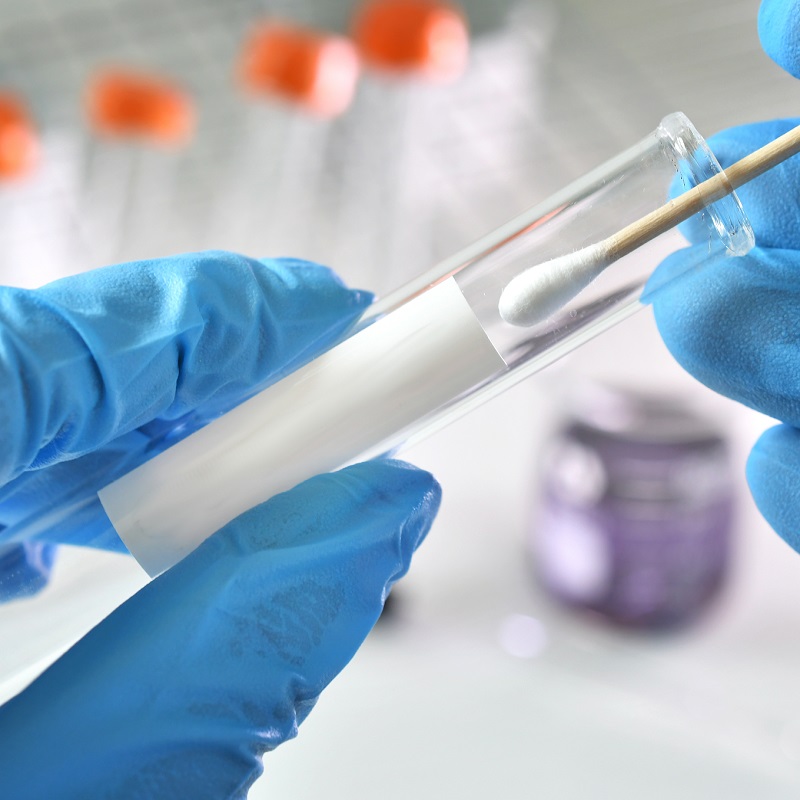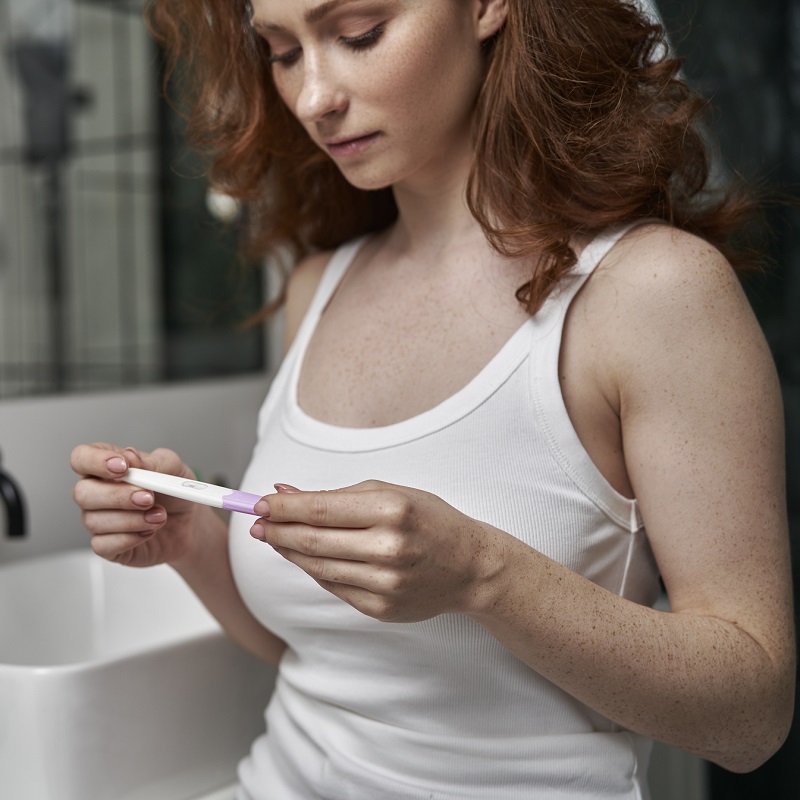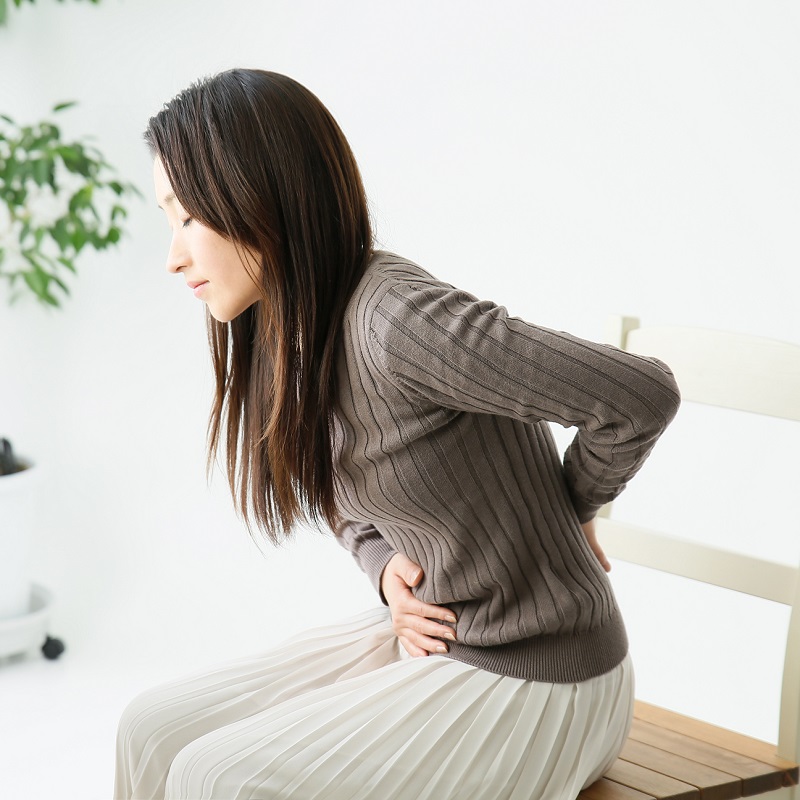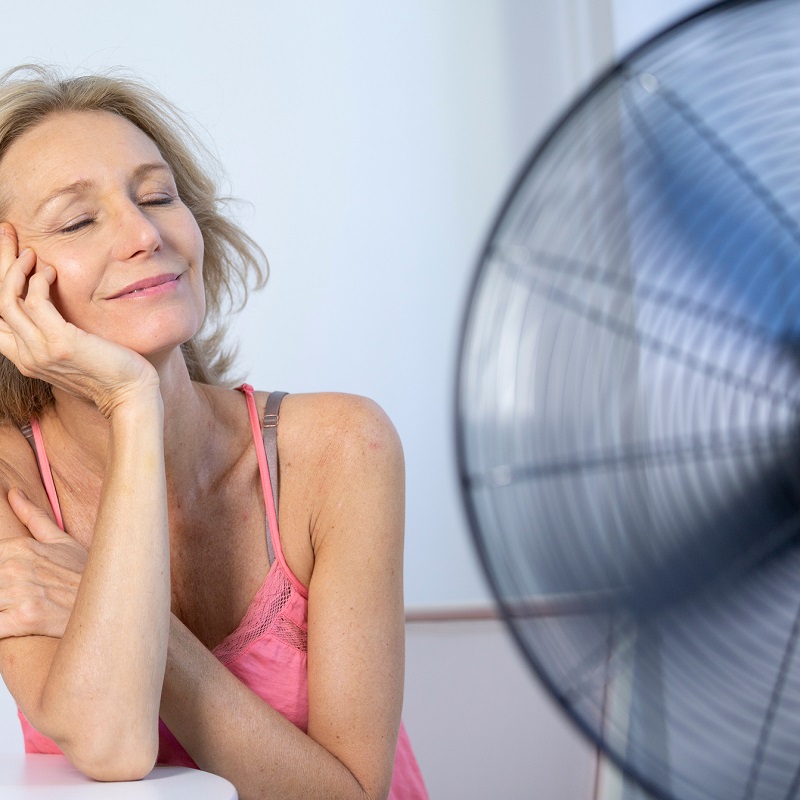The average age for the onset of menopause is 51 years, but women may start to experience symptoms years earlier. This phase, called perimenopause, is often characterized by hot flashes, night sweats, mental fog, and vaginal dryness. Once you’ve gone a year without having a menstrual cycle, you’re in menopause. Dr. Cindy Bui, of Southwest WomanCare OBGYN, helps women living in or near Houston, Texas, navigate this confusing and sometimes uncomfortable time.
Menopause Q & A
What causes menopause?
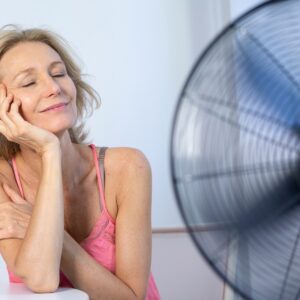 Menopause is a natural part of a woman’s life. As you get older, your production of the hormones estrogen and progesterone slow, thus ending your menstrual cycle and period of fertility. Women experience this process at different times in life; 51 years may be average, but some women can experience menopause in their 40s or in their late 50s. Symptoms of perimenopause can start in your 30s or 40s.
Menopause is a natural part of a woman’s life. As you get older, your production of the hormones estrogen and progesterone slow, thus ending your menstrual cycle and period of fertility. Women experience this process at different times in life; 51 years may be average, but some women can experience menopause in their 40s or in their late 50s. Symptoms of perimenopause can start in your 30s or 40s.
What are the symptoms of menopause and perimenopause?
Every woman experiences menopause differently, but common symptoms include:
- Irregular periods
- Hot flashes/night sweats
- Vaginal dryness
- Discomfort during sexual intercourse
- Loss of breast fullness
- Dry skin and thinning hair
- Problems with bladder control
- Poor sleep
- Irritability and anxiety
- Weight gain
When should I see an OBGYN about irregular periods?
It’s good to see Dr. Bui throughout perimenopause to monitor your symptoms; she can also offer relief. Definitely consult Dr. Bui if your periods are extremely close together, you suffer very heavy bleeding, you spot between cycles, your period lasts longer than a week, or your period resumes after you’ve had no bleeding for a year.
Even though you may skip periods, you can still get pregnant. You’re not considered to be in full menopause until you’ve gone an entire 12 months without bleeding.
How can I manage my health during and after menopause?
While you’re in perimenopause and menopause, Dr. Bui can help you manage your symptoms and answer any questions you might have. Your risk of osteoporosis and heart disease increases, most likely due to the changes in your estrogen levels. Regular check-ups monitor this risk and help you make lifestyle and supplement changes to prevent these problems.
Avoid smoking and focus on a healthy diet that contains lean proteins, fresh produce, whole grains, and fiber. A good diet helps you maintain a healthy weight. You’ll also benefit from regular exercise, including cardio — such as brisk walking — and resistance training.
Regular OB/GYN visits remain critical to good health. They offer breast exams, follow your vaginal health, and can screen for sexually transmitted disease. You may not be able to get pregnant once you’ve no longer had your period for 1 year, but you’re still vulnerable to STDs.


